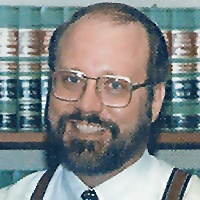Crescent Misdemeanor Lawyer, Georgia
Sponsored Law Firm
-
 x
x

Click For More Info:
-
Wiseman Blackburn, LLC
1510 Drayton St Savannah, GA 31401» view mapCriminal Defense Dedicated To You
Wiseman Blackburn serves Atlanta, GA with Criminal and Divorce and Family matters.
800-622-5610
Not enough matches for Crescent Misdemeanor lawyer.
Below are all Crescent Criminal lawyers.
Kimberly Laverne Copeland
✓ VERIFIEDKimberly L. Copeland, founder of Kimberly L. Copeland & Associates in Jesup, Georgia, has become one of the most respected criminal lawyers in Georgi... (more)
Chester James Gregg
✓ VERIFIEDBorn in Ilion, New York, Attorney Chester J. "Chet" Gregg graduated from the State University of New York, College at Oswego in 1993 with a B.S. in Se... (more)
Daryl J. Walker
✓ VERIFIEDDaryl Walker proudly serves Savannah, Georgia and the neighboring communities in the areas of criminal, DUI-DWI, accident & injury, and estate law.
Jason Randall Clark
FREE CONSULTATION
CONTACT Jonathan Hunt Savannah, GA
Jonathan Hunt Savannah, GA



